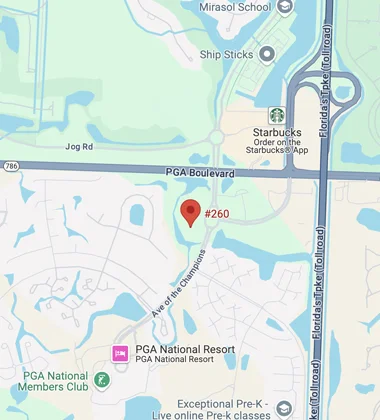Palm Beach Gardens Whistleblower Attorney
Employment is normally “at-will” in Florida. This means that your boss can fire you without even having to give a reason. Of course, this rule is not absolute. There are certain circumstances when a decision to terminate or otherwise discipline an employee runs afoul of law and the employee can seek monetary damages.
One such circumstance involves so-called whistleblower activities. Florida law offers strong protections for employees who stand up to potential wrongdoing by their employers. So if a current or former employer has retaliated against you for speaking up, a Palm Beach Gardens whistleblower attorney can advise you of your options for taking legal action. At the Sconzo Law Office, P.A., we represent clients who have been unfairly punished for trying to do the right thing.
How the Florida Whistleblower Act Protects Employees Who Speak Out
The Florida Whistleblower Act (FWA) states that an employer “may not take any retaliatory action against an employee” based on certain actions. Those actions include:
- The employee discloses, or threatens to disclose, that the employer has violated some law, rule, or regulation to the government.
- The employee testifies or provides information to a government agency that is conducting an investigation into the employer.
- The employee objects to, or refuses to participate in, any violation of the law by the employer.
When an employee discloses or threatens to disclose illegal activity, the FWA requires the employee first notify the employer in writing to give them a chance to correct the problem. If the employer refuses to act or engages in retaliation, the employee can then take legal action under the FWA. It is also important to note that any disclosure the employee makes to the government must be done in writing and under oath (i.e., under penalty of perjury).
In pursuing a whistleblower claim, the burden is on the employee to prove that retaliation occurred as the result of engaging in a protected activity. “Retaliation” in this context is not limited to firing. An employer who demotes, reassigns, or otherwise disciplines an employee in response to protected activity is still liable for retaliation. For example, if your boss asks you to do something illegal, you refuse, and you are then reassigned to a less desirable job at lower pay, that would support a claim for retaliation under the FWA even if you were not fired.
Contact the Sconzo Law Office Today
In addition to the FWA, there are additional federal and state laws that protect whistleblowers in other contexts, such as public employees. So regardless of your current employment situation, it is always in your best interest to speak with a skilled Palm Beach Gardens whistleblower attorney if you believe you have been punished for speaking out against improper or illegal activities in your workplace.
The FWA allows successful claimants to seek back pay and other damages, which can include legal fees and court costs. So if you want to learn more about your rights as a whistleblower, contact the Sconzo Law Office, P.A., today to schedule a complimentary consultation.

